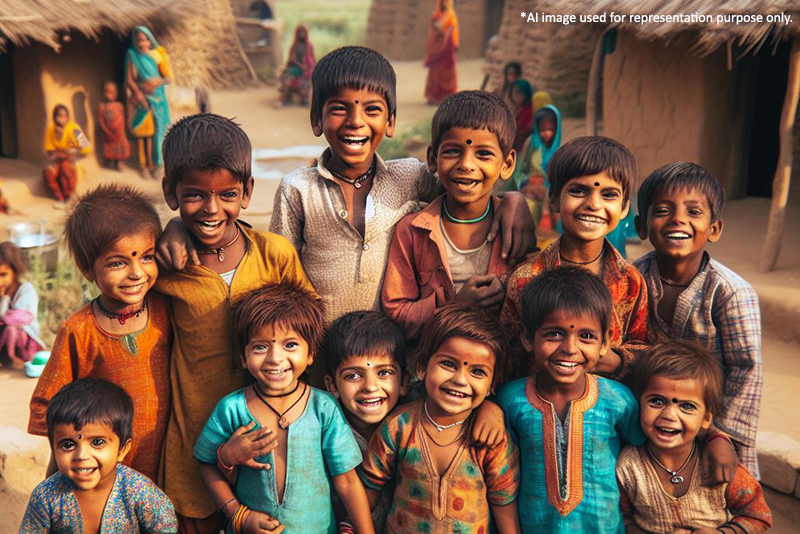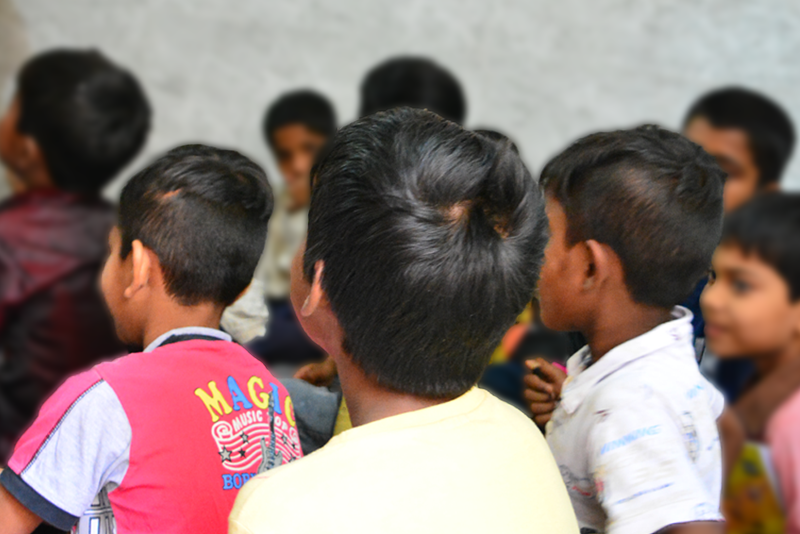
Understanding the different types of child labour and their impact
Every child has the right to a safe, secure childhood with access to education. Unfortunately, child labour robs millions of children of these fu....
Read More
According to the International Labour Organisation (ILO), child labour refers to work that deprives children of their childhood, their potential and dignity, and that is harmful to their physical and mental development. It refers to work that is mentally, or morally dangerous and harmful to children; and interferes with their education.
12th June is marked as World Day Against Child Labour across the globe. This day aims to raise awareness and prevent child labour. Discourse on this social issue is extremely important. In India, children account for 40% of the country’s population and 33 million children under the age of 18 engaged in child labour, according to Census 2011.
Children from marginalised communities are forced to work to support the family financially from a very tender age. This deprives them from their basic rights of quality education, safety and protection, access to healthcare and opportunity for participation. Engaging children in labour robs them of their childhood as well as dignity. It directly affects children’s physical and mental health. The impact is long term and many times irreversible and deprives children of their childhood, and perpetuates the cycle of poverty.
Despite significant progress in recent years, child labour remains a pressing concern. On World Day Against Child Labour, CRY UK invites you to support our work to ensure that children go to school instead of work so that they have a chance at a better future.
Donate to CRY UK and help us end child labour.